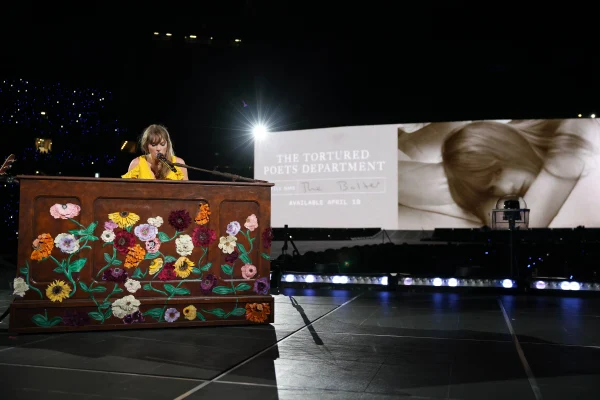Read, Watch, Decide, The Giver Book or Movie
Imagine a life without color. A society in which everyone is the same. In the dystopian world that Lois Lowry creates in her novel The Giver, published in 1993, this is the case.
The Giver happens to be very similar to 1984 by George Orwell because it too focuses on a society where the government controls almost all aspects of people’s lives. Luckily, the book-to-movie transition was a much bigger success for The Giver than for 1984.
Placed sometime in the future, the society Lowry depicts literally lives in a monochromatic world; colors have actually been erased. The director Phillip Noyce captured this key aspect of the novel by filming a majority of the film in black and white, maintaining the eerie effect of the book.
Even though the society’s privilege of choosing for themselves has been completely obliterated, the main character, Jonas, ironically struggles to make one major decision: whether or not to run away. After being selected to be “The Receiver”, Jonas’ entire world as he knew it crumbles in front of him.
Introduced to a collection of memories of past non-existing experiences like love, war, and pain he begins to see the world he’s lived in all his life in a brand new way. He begins to see color again. The movie fails to truly grasp the significance of this major experience.
However, the film did succeed in magnifying the extremely important ceremony where all the children are assigned their duties in the community, the moment that Jonas isn’t assigned a job at all but instead is chosen. The uniformity in the way the community dresses in all white, claps all the same, and talks in unison at the ceremony are highlighted perfectly in the film.
Considering the “A-list” actors casted in this film, The Giver lacked genius acting performances and instead was flat and static in some crucial parts of the movie.
Lowry created in his novel a community that is stripped of the ability to choose for themselves and to emphasize this idea he purposely ends the book with an open ending. He gives the reader the freedom to decide what he/ she thinks happens at the end.
The creative minds behind the movie decided to make the decision for their viewers. Disclosing the ending would be a complete spoiler alert, so instead go watch the movie and decide if the freedom to decide is better or if having the decision made already is better.






